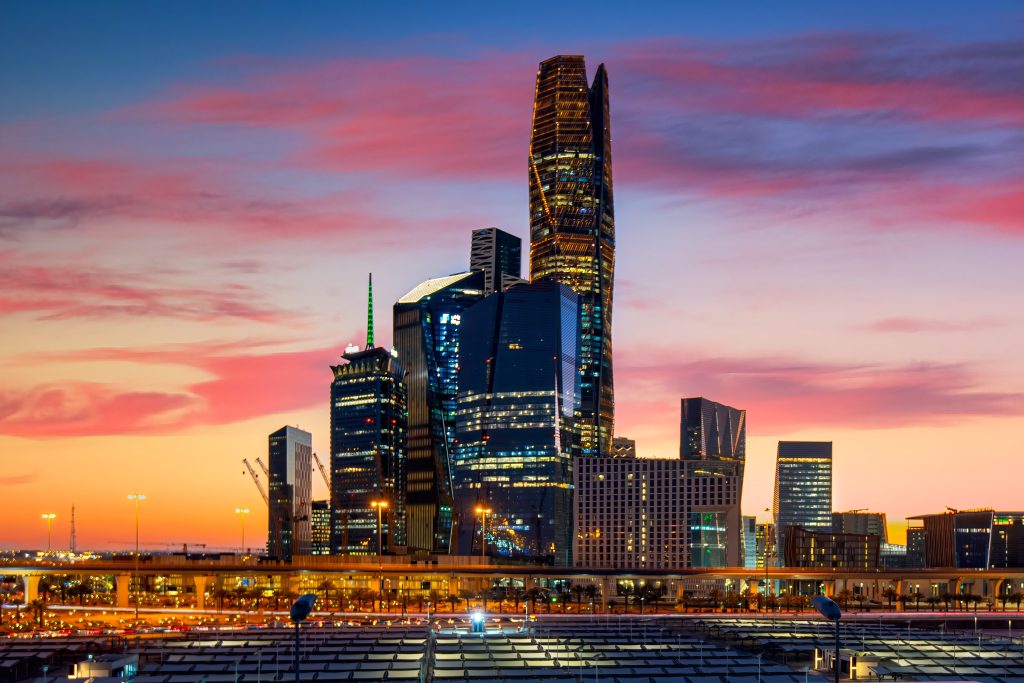The International Monetary Fund (IMF) has published a favorable report on Saudi Arabia after concluding Article IV consultations.
The report highlights that Saudi Arabia’s financial and regulatory reforms have spurred economic growth, curbed inflation, and reduced unemployment to record lows. It commends the Kingdom’s ongoing economic transformation and diversification efforts under Vision 2030.
The IMF praised Saudi Arabia’s macroeconomic policies and transformational changes, noting significant growth in non-oil activities.
The report also observed that employment levels have surpassed pre-pandemic figures, with women’s labor market participation exceeding 35%, surpassing Vision 2030’s 30% target.
The IMF welcomed Saudi Arabia’s long-term financing plans for Vision 2030 initiatives while mitigating overheating risks.
The Kingdom’s fiscal space is sound, with low sovereign debt risks and substantial financial buffers limiting the impact of global and regional challenges.
Ongoing reforms, including regulatory enforcement, tariff streamlining, human capital improvement, and increased female labor participation, have boosted private sector growth and foreign direct investment. Digital transformation and AI advancements also underpin these efforts.
IMF directors lauded Saudi Arabia’s leadership in multilateral fora, including its IMFC chairmanship, addressing global challenges.
The report noted increased activity in services like transport, trade, tourism, and finance, driven by a 5.7% consumption growth.
Foreign investment license applications reached record levels in 2023, doubling from 2022, with 330 companies seeking regional headquarters in the Kingdom.
The banking sector is robust, with sound solvency and liquidity, effectively handling shocks. The sector is noted for its profitability, infrastructure, and competitiveness.
The Saudi Stock Exchange (Tadawul) index rose by 14.2% in 2023, outperforming Morgan Stanley’s emerging market index. The technical environment improvements and licensing of three digital banks were also highlighted.
The IMF acknowledged the Kingdom’s measures to manage real estate credit growth risks and enhancements in anti-money laundering and terrorist financing risk assessments.
Increased non-oil revenues reflect effective reforms, improving compliance and aligning customs procedures with global best practices.
The IMF projects a 3.5% growth in the non-oil sector in 2024, supported by strong domestic demand, with inflation stable at around 2% due to the riyal’s peg to the US dollar and consistent local policies.
Saudi Arabia has one of the lowest carbon intensities among major producers, aiming for net zero emissions by 2060.
The Kingdom secured a 30-year purchase agreement for the NEOM green hydrogen project, advancing its renewable energy goals.
Plans are underway to build one of the world’s largest carbon capture and storage plants, operational by 2027, with a capacity of 9 million tonnes of CO2 per year. Current efforts capture 1.3 million tonnes of carbon annually through the SABIC and Uthmaniyah Gas Plant.
